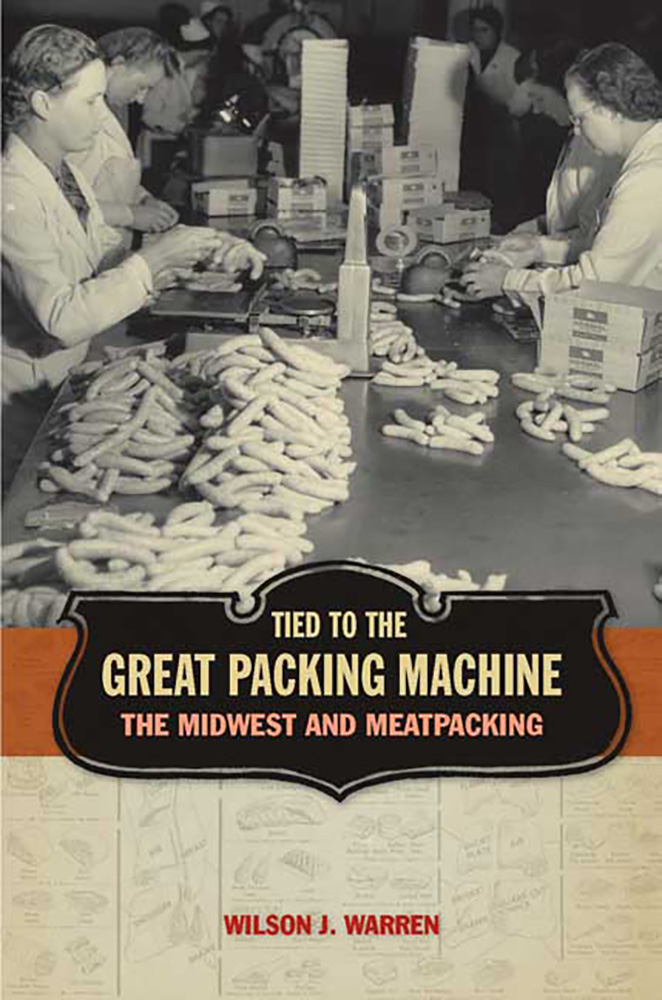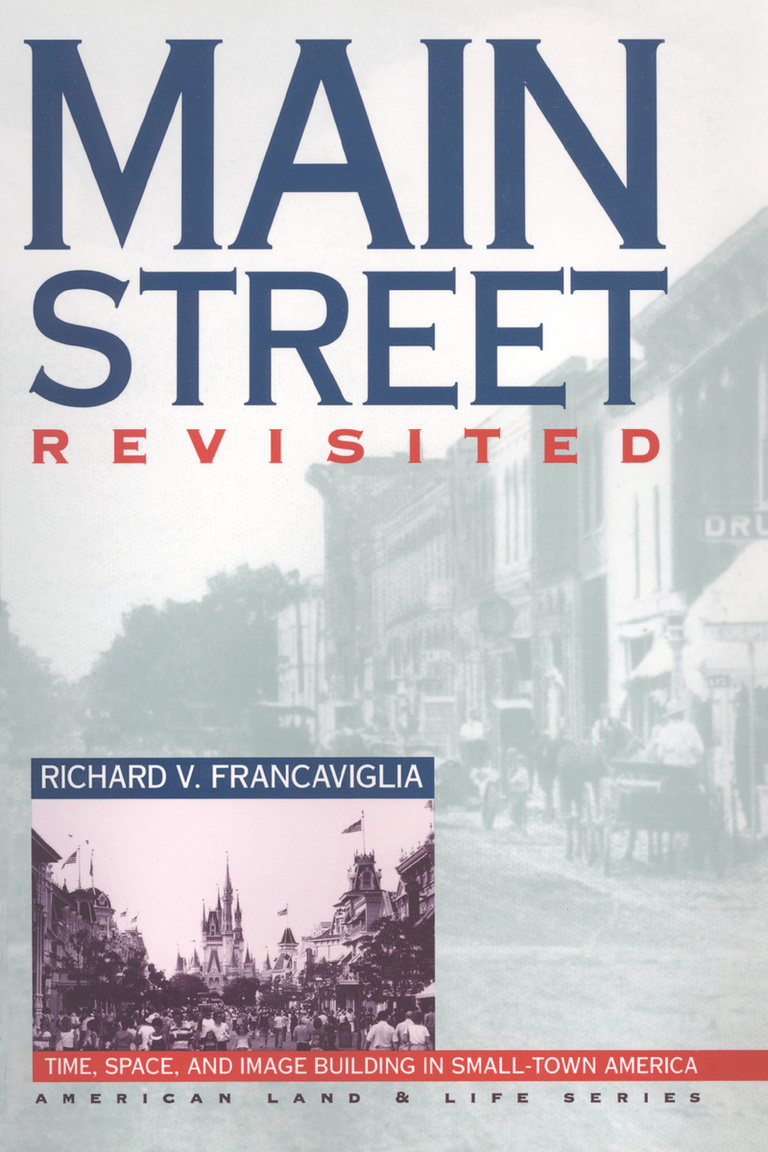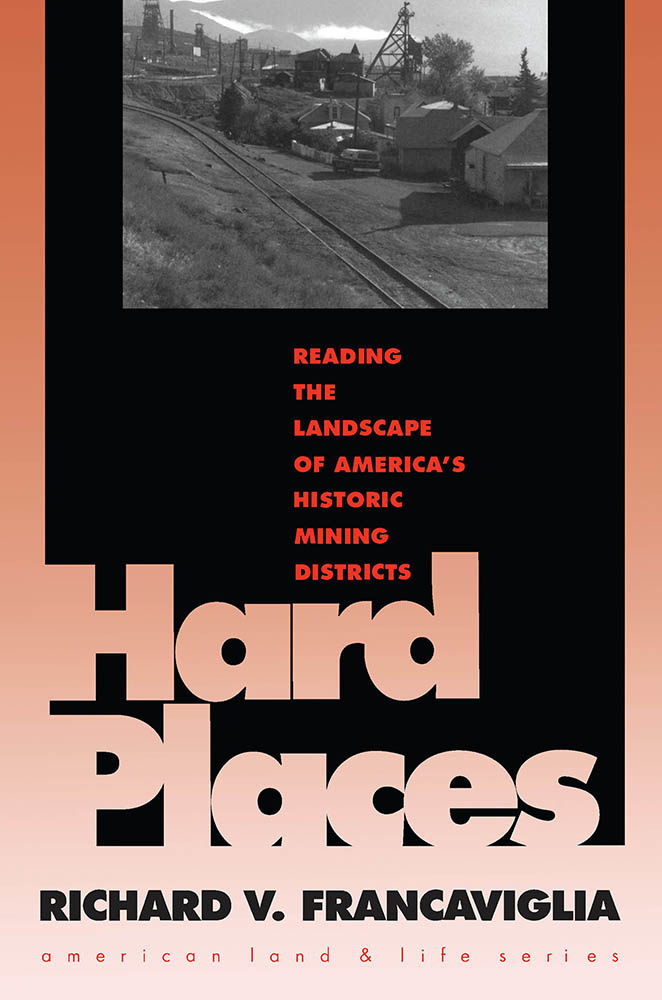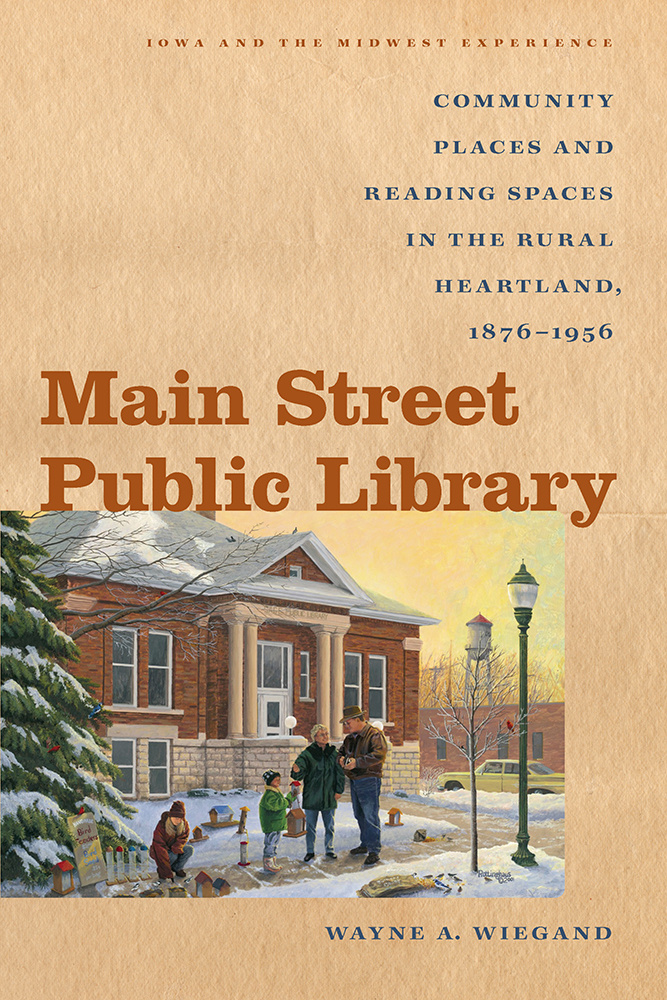Ambitious in its historical scope and its broad range of topics, Tied to the Great Packing Machine tells the dramatic story of meatpacking’s enormous effects on the economics, culture, and environment of the Midwest over the past century and a half. Wilson Warren situates the history of the industry in both its urban and its rural settings—moving from the huge stockyards of Chicago and Kansas City to today’s smaller meatpacking communities—and thus presents a complete portrayal of meatpacking’s place within the larger agro-industrial landscape.
Writing from the vantage point of twenty-five years of extensive research, Warren analyzes the evolution of the packing industry from its early period, dominated by the big terminal markets, through the development of new marketing and technical innovations that transformed the ways animals were gathered, slaughtered, and processed and the final products were distributed. In addition, he concentrates on such cultural impacts as ethnic and racial variations, labor unions, gender issues, and changes in Americans’ attitudes toward the ethics of animal slaughter and patterns of meat consumption and such environmental problems as site-point pollution and microbe contamination, ending with a stimulating discussion of the future of American meatpacking.
Providing an excellent and well-referenced analysis within a regional and temporal framework that ensures a fresh perspective, Tied to the Great Packing Machine is a dynamic narrative that contributes to a fuller understanding of the historical context and contemporary concerns of an extremely important industry.
"Warren follows in the footsteps of William Cronon, author of the groundbreaking work Nature's Metropolis: Chicago and the Great West, to tell the story of meatpacking in the Midwest from the early 19th century to the present. The author skillfully utilizes both original sources and the work of other urban scholars to assess the impact of this process on the economy, culture, and environment of these states (Iowa, Minnesota,Nebraska, and Kansas.)"—Choice
“Warren expands upon the geographical framework that he established in Struggling with ‘Iowa's Pride’ by exploring how today’s meatpacking industry created two very different bases of smaller towns and larger cities, each playing a different role in the gathering of live animals, their slaughtering and processing, and the distribution of finished products. Along with this analytical breakthrough, he incorporates the environmental and cultural impacts of the industry within a regional and temporal framework that makes a genuine contribution to scholarly literature. Accessibly written, flowing easily and comfortably, Warren’s extensively researched narrative will be eagerly read by scholars and discerning activists, from politicians and economists to union organizers.”—Peter Rachleff, author of Hard-Pressed in the Heartland: The Hormel Strike and the Future of the Labor Movement
Preface and Acknowledgments
1. The Industrial Center of the Country: The Midwest and Meatpacking
Part I. Economics
2. It Was All So Very Businesslike: Industrial Evolution
3. A Thing as Tremendous as the Universe: Economics Impacts
Part II. Culture
4. The Families Had All Been of Different Nationalities: Social Dynamics
5. Benefits of a More Substantial Nature: Workplace Rights and Quality of Community Life
6. With All Her Soul upon Her Work: Women and Packing Employment
7. I'm Glad I'm Not a Hog: A Killing Industry's Ethics
8. Fresh Meats Must Be Had: U.S. Meat Consumption
Part III. Environment
9. That Smelt Like the Craters of Hell: Site-Point Pollution and Other Public Health Threats
10. The Cost of Fodder: Reshaping the Agro-Industrial Environment
11. To Fix His Hopes upon a Future Life: The Future of Midwestern Meatpacking
Tables
Regional and City Maps
Notes
Bibliography
Index



